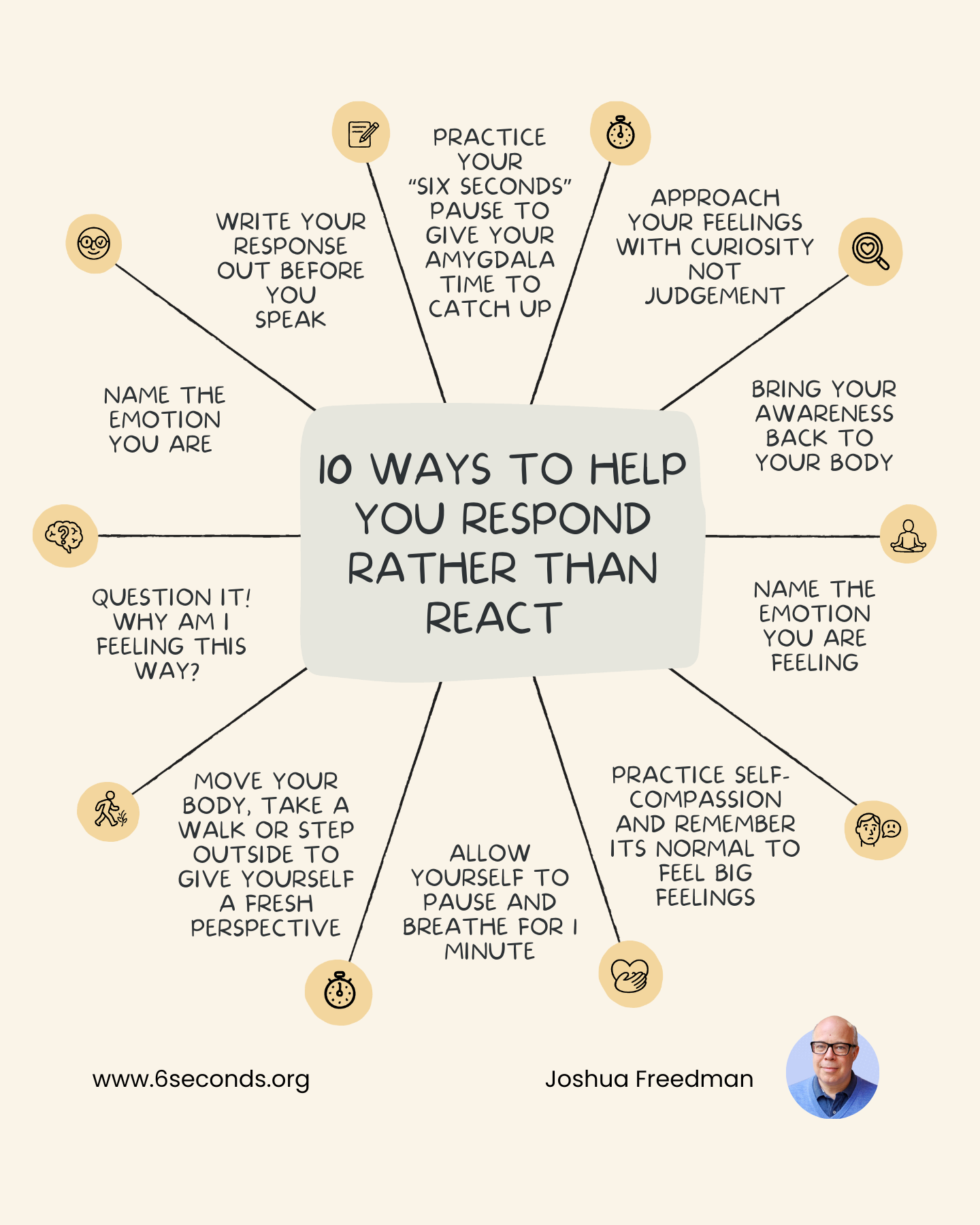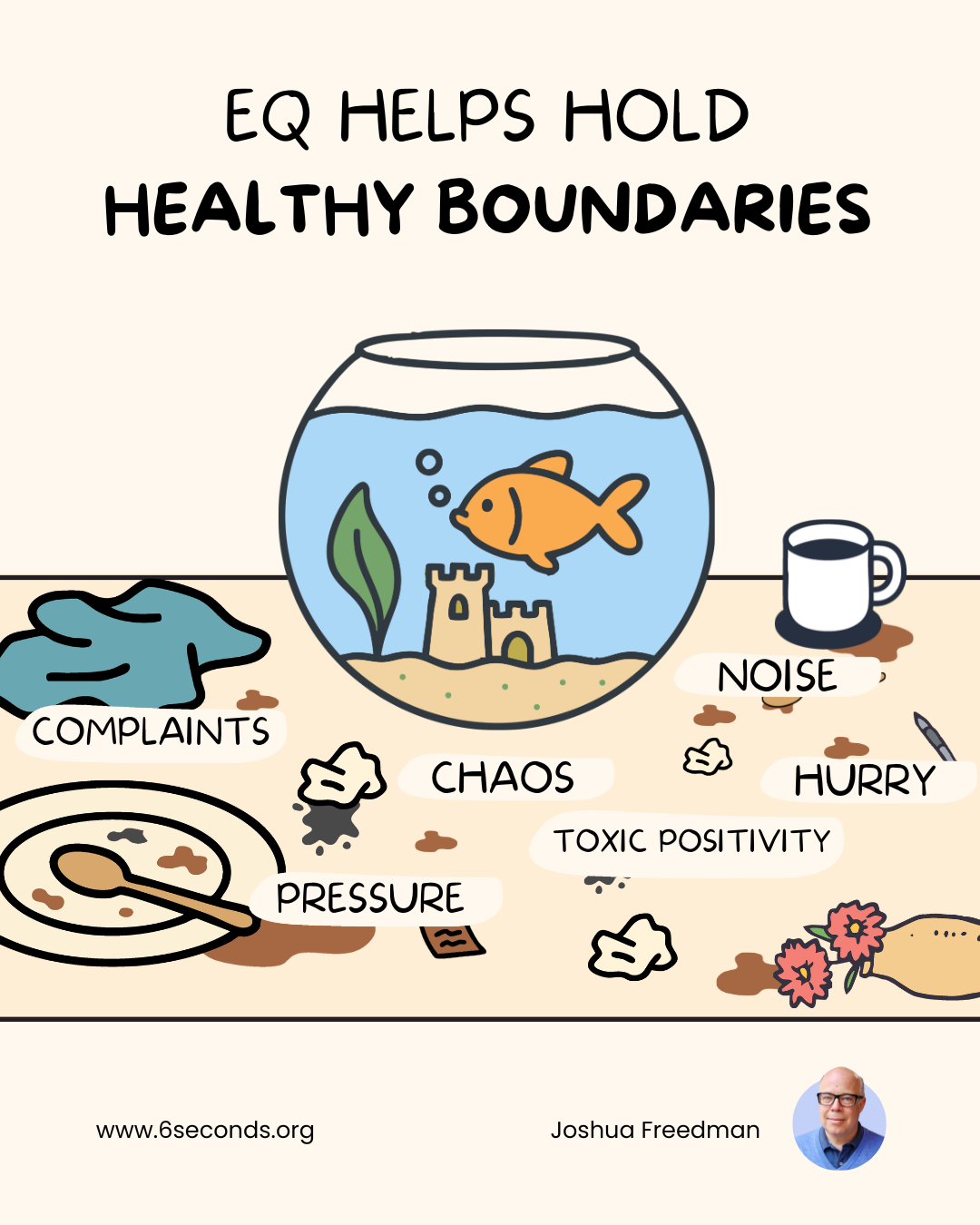The Emotional Recession: Trillions of Dollars, Trillions of Heavy Days
Optimism has dropped more than 8% globally. Patience is thin. Even small conversations feel heavier than they should. With EQ skills in freefall, the emotional recession is eroding the quality of work, friendships, and family life. But this isn’t permanent: how we choose to respond will shape the relationships, organizations, and communities that come out stronger on the other side.
The emotional recession is a sustained decline in emotional intelligence. Like an economic recession contracts output, this contraction of human capacity is reshaping work and life – with an impact rivaling the 2008 financial crisis. Per our forthcoming paper on latest State of the Heart research, global emotional intelligence has dropped 5.79% since 2019, with particularly steep declines in optimism (-8.04%) and the ability to navigate emotions (-5.91%). The emotional recession is costing trillions of dollars and trillions of heavy days.

The Compound Effect of Diminished Emotional Capacity
When everyone’s emotional resources are depleted, interactions become exponentially more complex:
- Colleagues arrive at work more volatile and less resilient. Minor feedback now triggers defensive responses. Routine changes feel threatening. Recovery from setbacks takes longer.
- Friends have less flexibility. Plans that used to flow naturally now require careful negotiation. People cancel more often, not from lack of care, but from genuine overwhelm. Spontaneous interactions become rare as everyone operates closer to their limits.
- As optimism declines, teams struggle to envision positive outcomes. Risk assessment stalls in endless deliberation, and decision-making slows to a crawl. Innovation falters as people default to damage-control thinking.
The Hidden Tax on Every Interaction
This emotional recession creates an invisible tax on human connection. Every conversation now requires more emotional labor:
- Managers spend more time managing reactions instead of focusing on strategy.
- Friends spend more energy just maintaining relationships that once ran themselves.
- Parents find routine interactions with children more draining as stress tolerance drops.
- Teams take longer to adapt to changes that once required simple adjustments.
- Teachers and public servants carry heavier emotional burdens as those they support are more depleted.
Research shows Generation Z is experiencing the steepest declines, losing emotional navigation skills nearly three times faster than older generations.
This means workplaces now have a significant portion of their workforce entering with impaired ability to process uncertainty and maintain motivation through challenges.

In the Emotional Recession, it’s easy to get sucked into overreaction. Use emotional intelligence to slow down and respond. Feel free to share this.
Climbing Out Together: How to Work Better with EQ
In this environment, old approaches to interaction don’t work. We need intentional strategies. Since the emotional recession taxes our emotional capacity, the need is clear: grow and practice emotional intelligence.
Five strategies to start:
Pause and Shift from React to Respond
With volatility higher, first reactions are often disproportionate. Build in micro-pauses. Take more breaks to hit the brakes:
- Before responding to hostile emails, wait 10 minutes.
- In meetings, acknowledge when emotions are running high.
- Create space for people to recalibrate before making decisions.
Prioritize Authenticity to Strengthen Trust
When reserves are low, people reach hasty and hostile conclusions. Our brains are on the lookout for danger signals, and insincerity is a big one. Authenticity is essential:
- Share your struggles rather than projecting constant positivity.
- Acknowledge when you don’t have answers instead of offering false reassurance.
- Be transparent about decision-making, especially during uncertainty.
Focus on Human Care and One-to-One Connection
Mass communication feels impersonal when people are depleted. Individual attention becomes disproportionately valuable:
- Replace group announcements with personal check-ins.
- Invest time in understanding each person’s stressors and triggers.
- Create opportunities for genuine human connection, not just task coordination.
Over-Communicate for Togetherness, Not Just Information
People need more information to feel secure, and they also need to feel connected:
- Share the why behind decisions, not just the what.
- Acknowledge collective challenges instead of pretending everything is normal.
- Create forums where people can share experiences and realize they’re not alone.
Maintain Boundaries to Protect Your Capacity
In times of emotional strain, other people’s stress easily spills over. Emotional intelligence helps you strengthen boundaries so you can be at your best, without letting others’ volatility flood your “fishbowl.”
- Notice when your own boundaries start to slip. This often happens when you’re tired, isolated, or under pressure. Those are signals to take extra care.
- Pause when false urgency pushes you into old reactions. Slow down, even when adrenaline says speed up. Breathe. Reflect. Reach out to a coach, ally, or friend.
- Lead by reconnecting with your purpose. Ask yourself: Who do I want to be in this moment? That question ties you back to your Noble Goal, steadies you, and turns the noise down.
Boundaries are not walls; they are clarity. By maintaining them, you protect your energy, show up with integrity, and create space for healthier, more resilient interactions.
The Long-Term Investment: Building Better Relationships
This isn’t a temporary crisis. The emotional recession represents a fundamental shift in human capacity that may persist for years. Organizations, families, and communities that adapt their patterns now will have significant advantages.
The research shows that emotional intelligence skills are learnable, but they require intentional practice. People who invest in strengthening emotional navigation, optimism, and empathy will become disproportionately valuable in a world where these capacities are increasingly rare.
Most importantly, those who create environments that account for diminished capacity—while actively working to restore it—will build stronger, more resilient relationships and organizations. The emotional recession is real, but it’s not permanent. How we choose to interact now will determine not only who we are during this recession, but who we become after it.
For more on how to use emotional intelligence to handle challenges, I recommend:
Transforming Stress
Free goal setting journal
- Leading Change in Times of Uncertainty: Why Managing Transitions Matters More Than Strategy - December 28, 2025
- Emotion AI: A Leader’s Guide to Use Emotional Intelligence for Effective AI Adoption and Change Management - December 2, 2025
- Requesting Trust: 5 Practical Steps to Repair and Increase Trust - November 20, 2025

